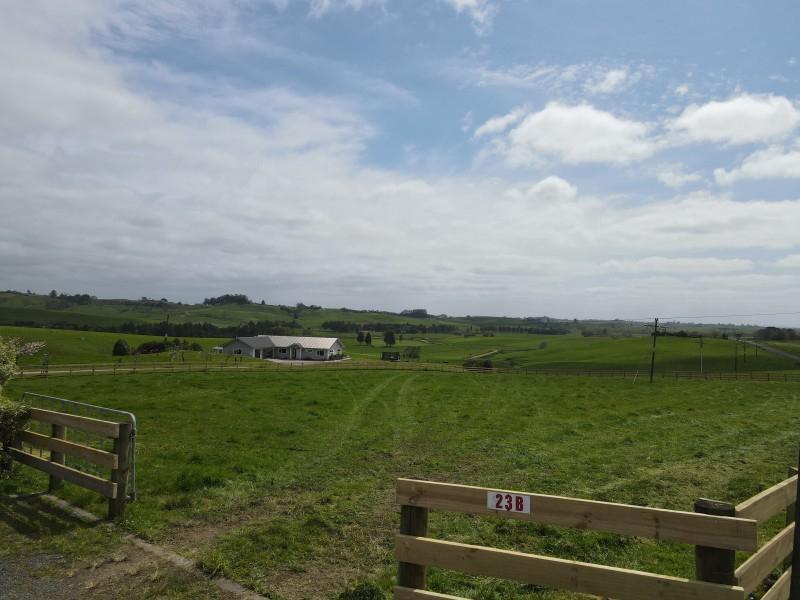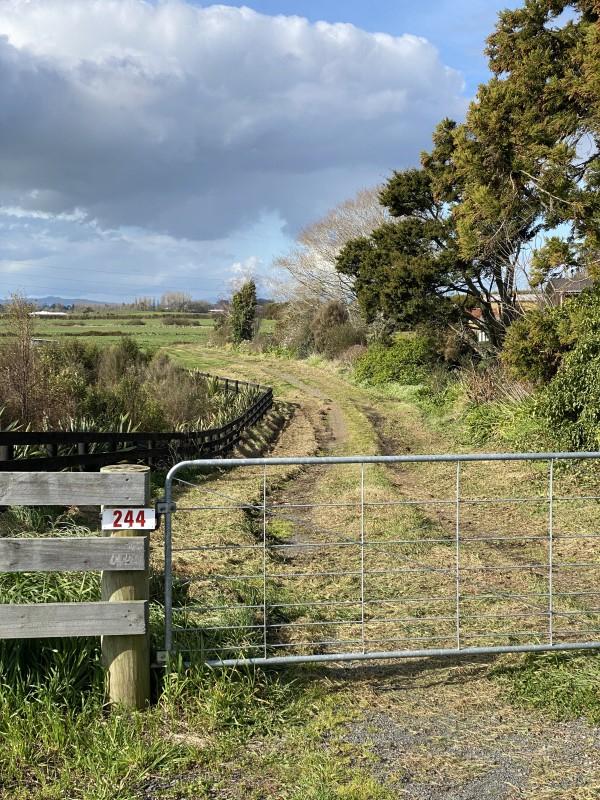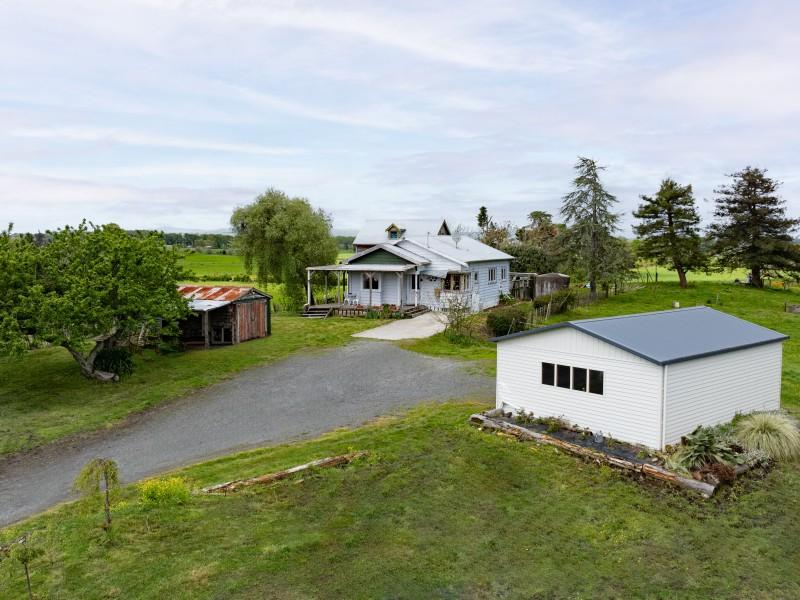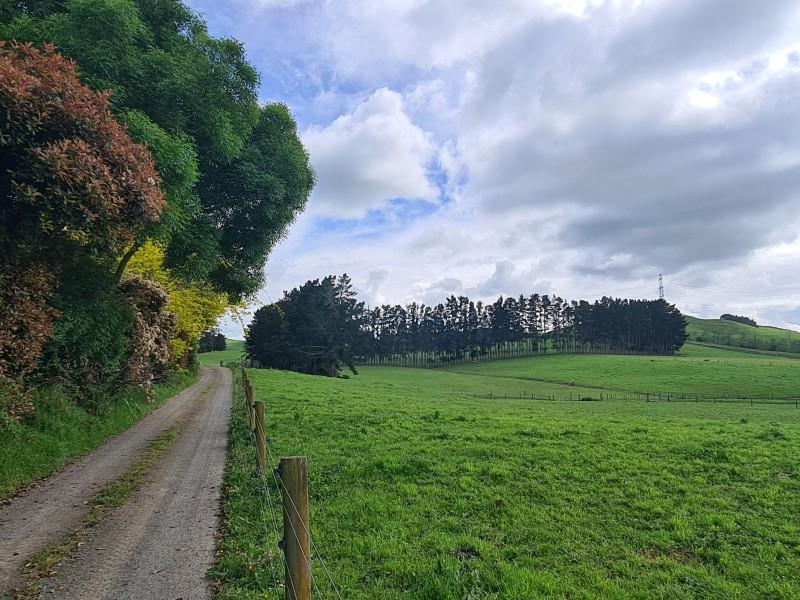Valuing our natural environment
The Waikato region has a fascinating and beautiful ecological past. Through the hard work and dedication of volunteers, conservationists, councils and government, excellent work is being done in the area of ecological restoration.
Hamilton City Council currently has 17 restoration projects in and around the region, ranging from weekly restoration of neighborhood sections, like the Riverlea Environment Society, to large public events like Arbor Day, which I had the privilege of attending earlier this year.
In 2018, volunteers spent over 7,000 hours assisting with restoration projects, planting over 30,000 native plants. The fantastic work achieved by those involved in these projects is clear to anyone who takes a walk through the sections.
This coalition Government has a goal of planting one billion trees over ten years, across a diverse range of species. We are well on the way to achieving this goal.
Maungatautari, a 40-minute drive from Hamilton, is the nation’s largest ecological ‘island’. With over 3400 hectares of predator-free land and approximately 30 native species within its boundaries, this sanctuary clearly demonstrates the value our region puts on our native environment. When I visited, I was impressed by the scale of this project, including the fence that surrounds the entirety of the site. Visitor tours provide revenue for maintenance and further protection of our native species.
Closer to Hamilton, the Waiwhakareke Natural Heritage Park, established in 2004, encompasses 60 hectares of land for restoration, aiming to revitalize the Hamilton basin’s ecological diversity. The project is starting to see major success, with early-planted trees starting to provide canopy closure for natural seeding of native plants. I recently joined with a number of students to plant trees on this site, and was inspired by their passion for our environment, and commitment to a long-term vision.
Focused on reintroducing native birds to the Waikato, Project Halo creates a 20km-wide ring around Hamilton, within which key breeding and feeding sites are actively encouraged and protected from pests. Since being introduced in 2007, Tui numbers have increased significantly. Reports of breeding pairs are becoming more frequent.
Hamilton is one of New Zealand’s only major cities that can claim a long tailed bat population; the bats being one of two native land mammal species left in our country. Project Echo, in collaboration with the Riverlea Environment Society, has been monitoring bat numbers, movements and behaviour for a number of years, in order to gain a better understanding of, and provide better protection for the bats. The population is tracking well, in large part due to the engagement of the public: bat detectors can be borrowed free of charge to confirm sightings.
Because much of the Waikato was initially wetlands, protecting the 20% of our region still in this condition is of paramount importance to local conservationists. Three of our wetlands have been recognised as habitats with global conservation value under the International Union for Conservation of Nature. With a goal of developing a National Wetland Discovery Centre at Lake Rotopiko/Serpentine between Te Awamutu and Hamilton, the National Wetland Trust hopes to create a wildlife sanctuary with research, educational and recreational facilities.
Established in 1971, the Otorohanga Kiwi house has been both creating appreciation for our region’s beautiful native animals, and providing a breeding sanctuary for close to 50 years. This facility is currently host to 20 native species.
The volume and effort put into conservation efforts here in the Waikato continues to inspire me; we owe it to future generations to take a long-term view. Our natural environment is unique and beautiful, and I look forward to seeing it continue to strengthen, grow and flourish.

Poll: Is it rude to talk on the phone on a bus?
Buses can be a relaxing way to get home if you have a seat and enough space. However, it can be off-putting when someone is taking a phone call next to you.
Do you think it's inconsiderate for people to have lengthy phone calls on a bus? Vote in the poll, and add your comments below.

-
64.2% Yes
-
33.2% No
-
2.6% Other - I'll share below
Have you picked up your tickets to our 80th anniversary party yet?
Kia ora neighbours, here is the cover of our amazing 80th anniversary special edition! There's just enough time to book your ticket to join editor Jo McCarroll at Hamilton Gardens on November 11. Ticketholders will get this special (RRP $16.20) in their goody bags. Each goody bag is also packed with gardening paraphernalia and a brand new Jack Hobbs-bred Hebe 'The Gardener' plant, released to mark this amazing milestone. Plus you'll also get all-day entry to the Enclosed Gardens, canapes and bubbles
, and spot prizes. We'd love to see you there.

Unlock the Answer: Today’s Riddle is Trickier Than You Think!
What English word retains the same pronunciation, even after you take away four of its five letters?
Do you think you know the answer to our daily riddle? Don't spoil it for your neighbours! Simply 'Like' this post and we'll post the answer in the comments below at 2pm.
Want to stop seeing riddles in your newsfeed?
Head here and hover on the Following button on the top right of the page (and it will show Unfollow) and then click it. If it is giving you the option to Follow, then you've successfully unfollowed the Riddles page.

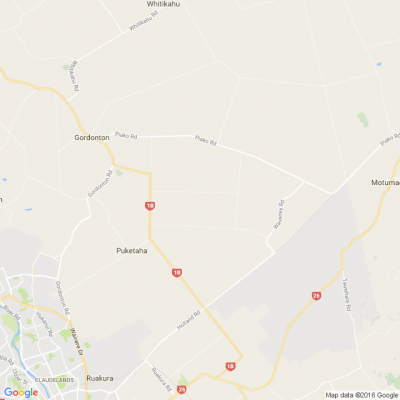
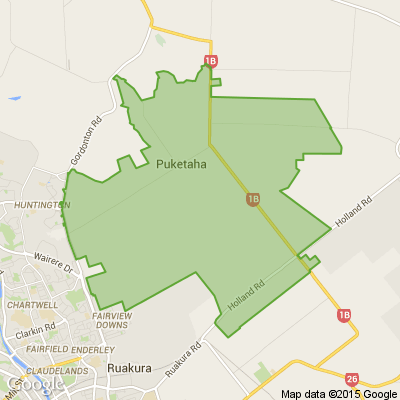




 Loading…
Loading…